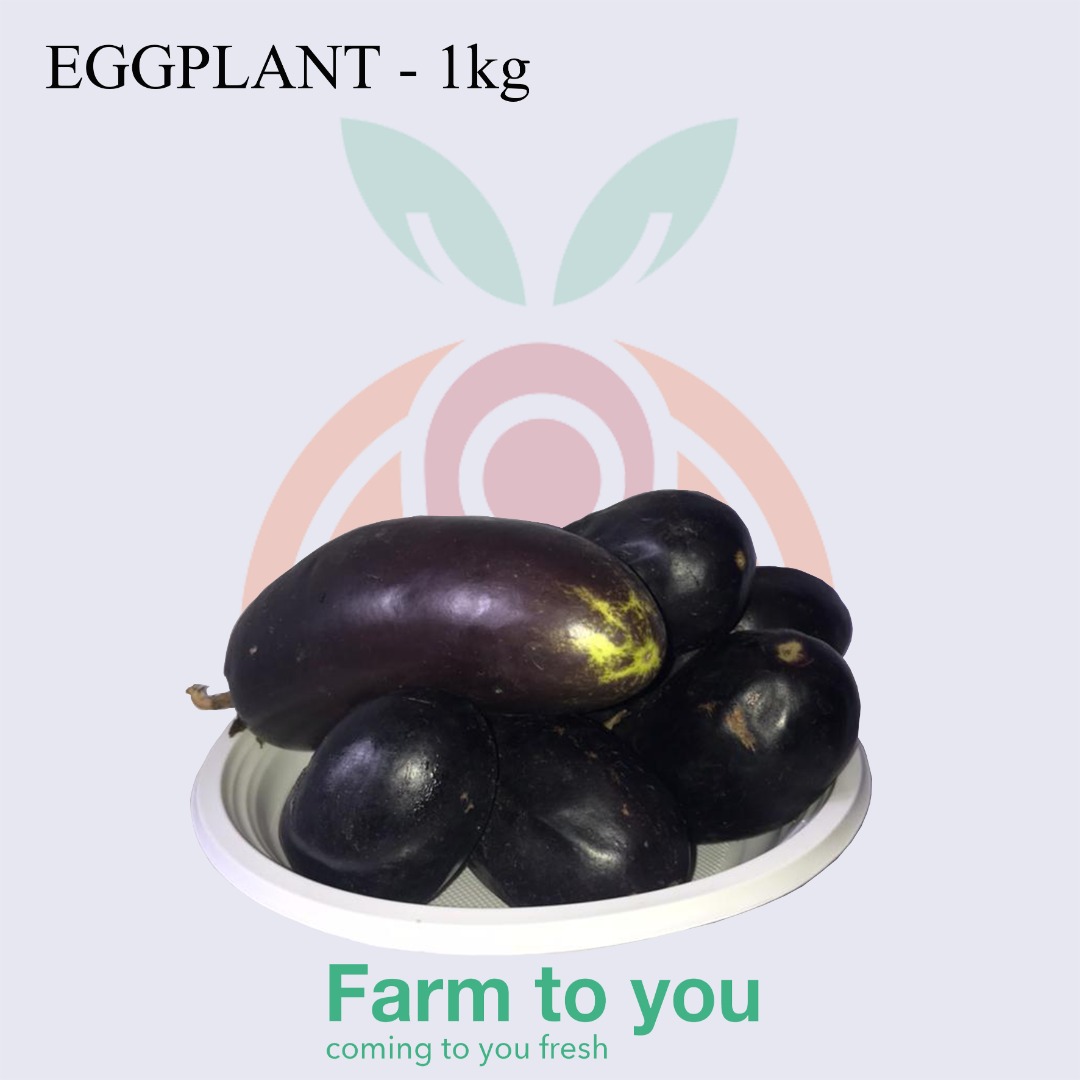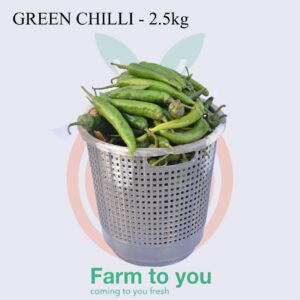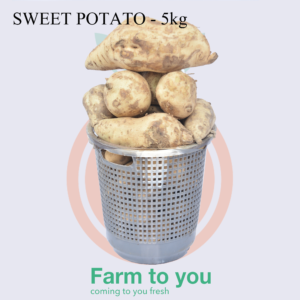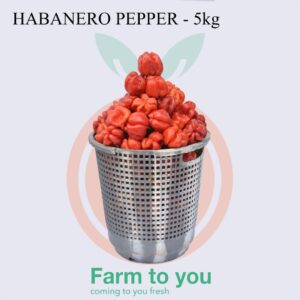Veggies
Egg Plant
Eggplant, also known as aubergine or brinjal, is a versatile vegetable used in various cuisines around the world.
Eggplant, also known as aubergine or brinjal, is a versatile vegetable used in various cuisines around the world. Here are some key points about eggplant:
Characteristics
- Appearance: Eggplants come in various shapes and sizes, from small and round to long and slender. They are typically dark purple, but some varieties are white, green, or striped.
- Texture: The flesh is spongy and can be slightly bitter when raw but becomes tender and flavorful when cooked.
- Flavor: It has a mild, slightly bitter taste that becomes rich and savory when cooked.
Varieties
- Globe Eggplant: The most common variety, large and pear-shaped, often found in supermarkets.
- Japanese Eggplant: Long and slender with a more delicate skin and milder flavor.
- Chinese Eggplant: Similar to Japanese eggplant but often lighter in color.
- Indian Eggplant: Small, round, and often used in Indian cuisine.
- White Eggplant: Similar in shape to the globe variety but with white skin.
Nutritional Value
- Low in Calories: Eggplants are low in calories, making them a healthy addition to meals.
- Fiber: High in dietary fiber, which aids in digestion.
- Vitamins and Minerals: Contains vitamins C, K, and B6, as well as potassium, manganese, and folate.
- Antioxidants: Rich in antioxidants like nasunin, which is found in the skin and has potential health benefits.
Health Benefits
- Heart Health: Can help reduce the risk of heart disease due to its fiber, antioxidants, and potassium content.
- Weight Management: Low in calories and high in fiber, helping to promote fullness and reduce overall calorie intake.
- Blood Sugar Control: The fiber in eggplants can help manage blood sugar levels by slowing the absorption of sugar in the bloodstream.
Culinary Uses
- Cooking Methods: Can be grilled, roasted, sautéed, baked, or fried. It’s commonly used in dishes like ratatouille, moussaka, baba ganoush, and eggplant parmesan.
- Versatility: Absorbs flavors well, making it a great addition to a variety of dishes from different cuisines.
- Preparation: Often salted and drained before cooking to reduce bitterness and moisture content.
Growing Conditions
- Climate: Prefers warm, sunny climates and well-drained soil.
- Planting: Typically grown from seedlings and planted in the garden after the last frost.
- Watering: Requires consistent moisture, especially during fruit development.
Storage
- Fresh Eggplant: Store in a cool, dry place and use within a few days for the best quality.
- Refrigeration: Can be refrigerated, but it’s best used soon after purchase to avoid developing a bitter taste.
Precautions
- Allergies: Rare, but some individuals may be allergic to eggplants, experiencing symptoms like itching or swelling.
- Nightshade Family: Eggplants belong to the nightshade family, so individuals with sensitivities to other nightshades (like tomatoes, potatoes, or peppers) should be cautious.
| Weight | 1kg |
|---|
You must be logged in to post a review.






Reviews
There are no reviews yet.